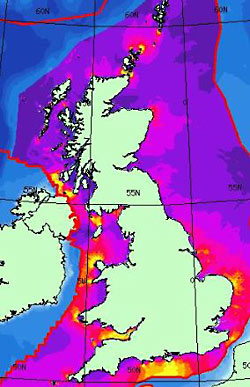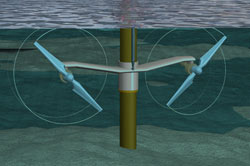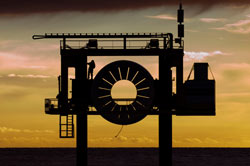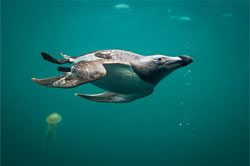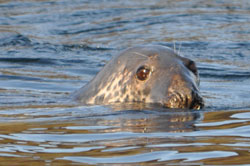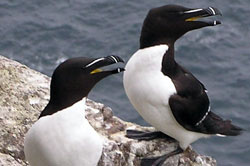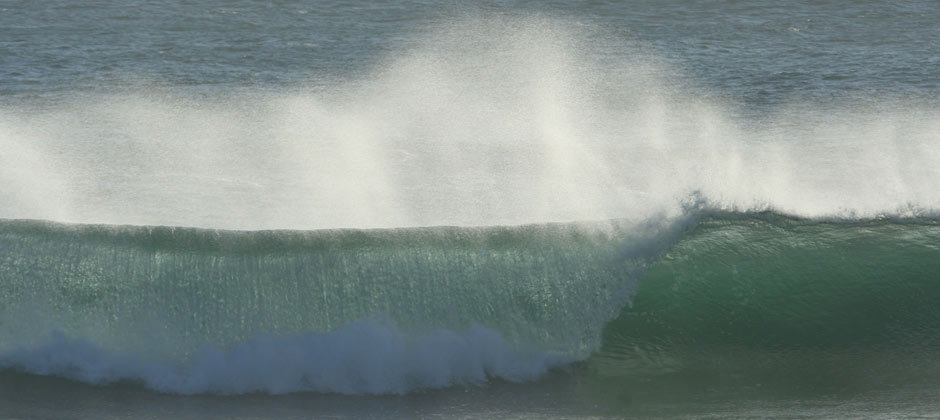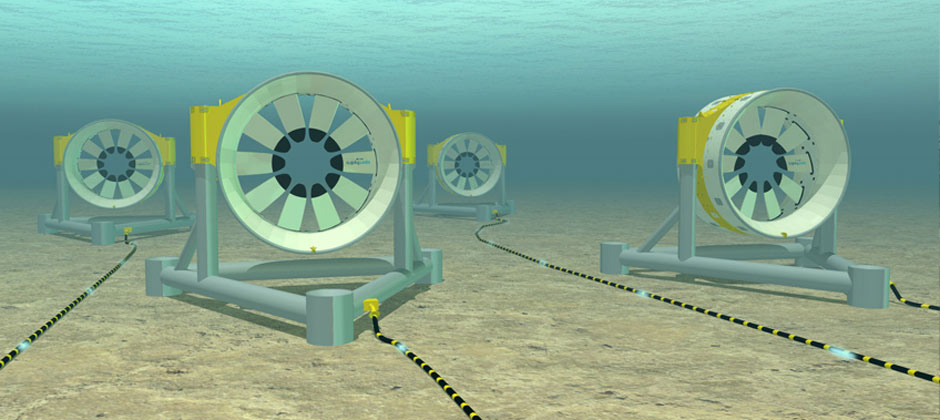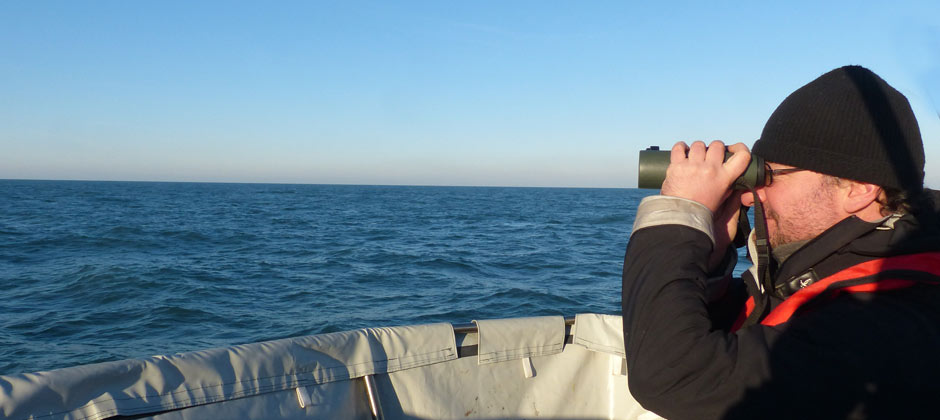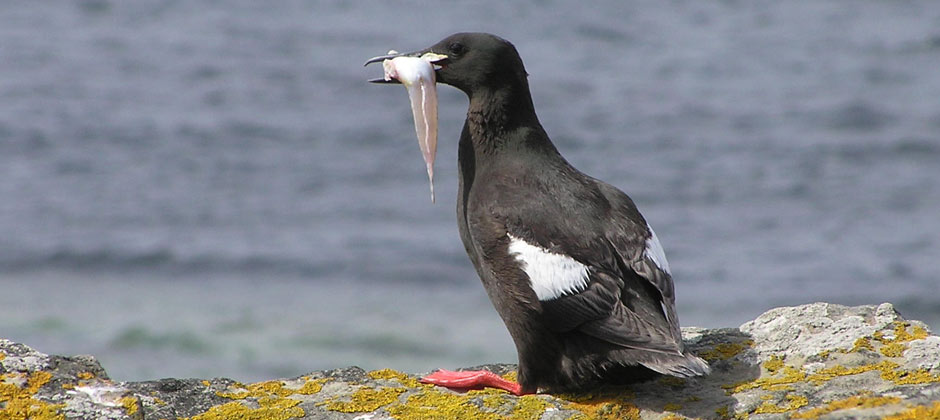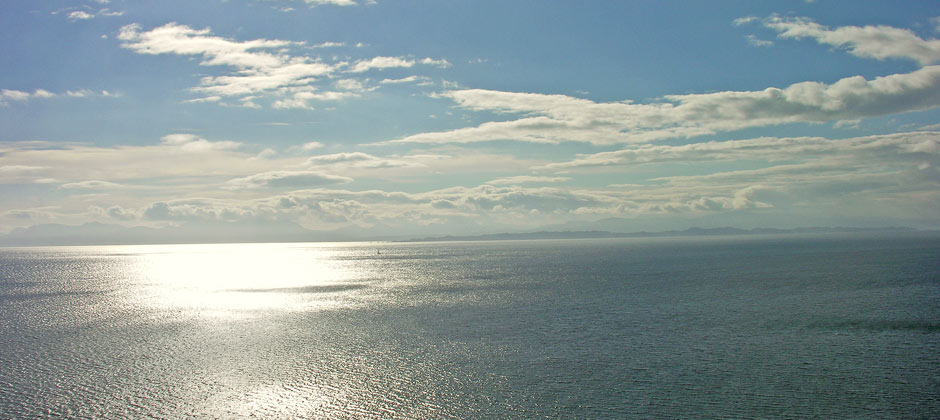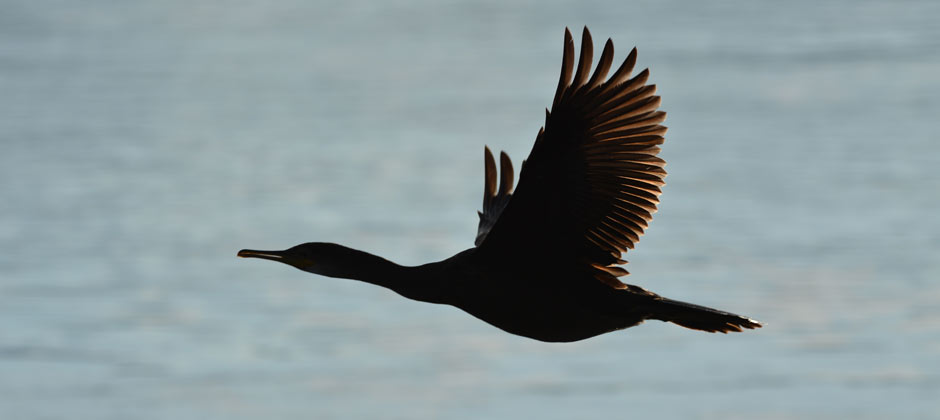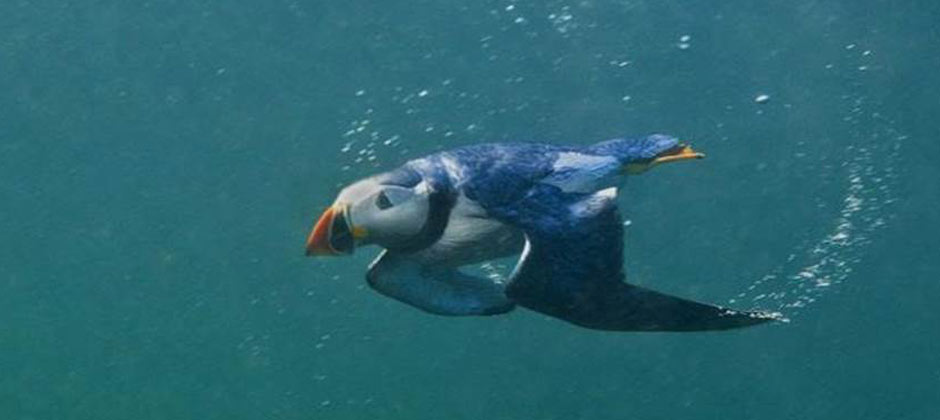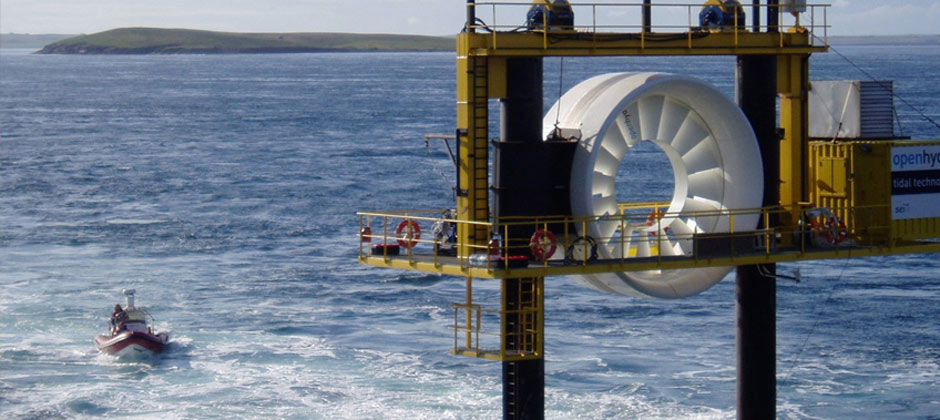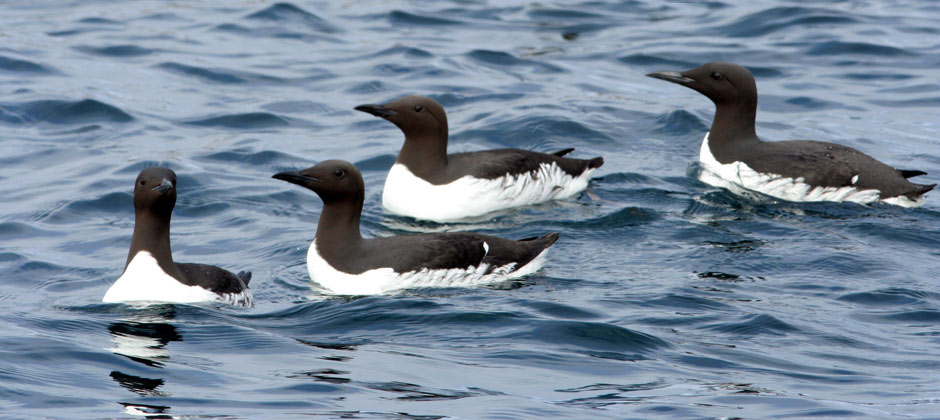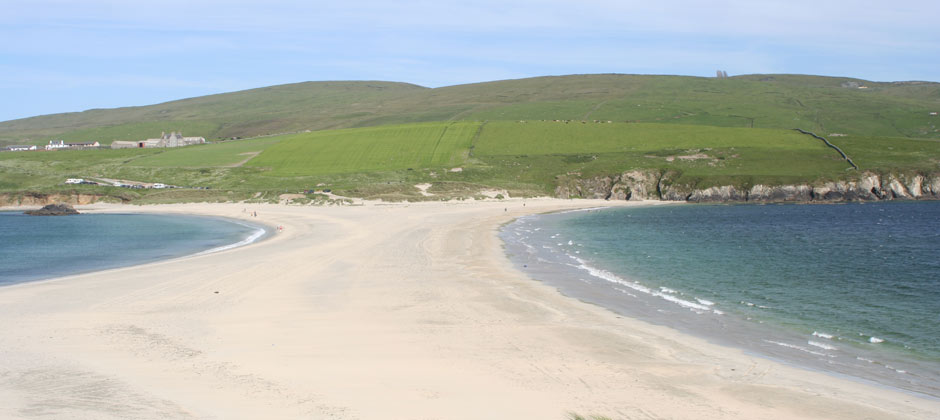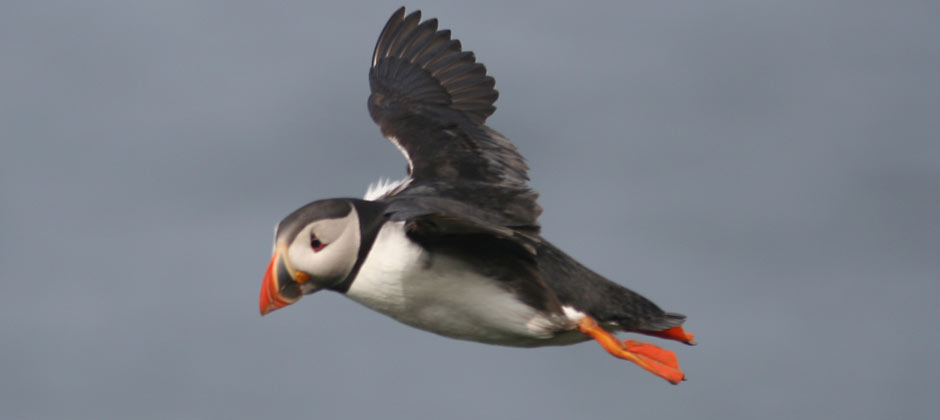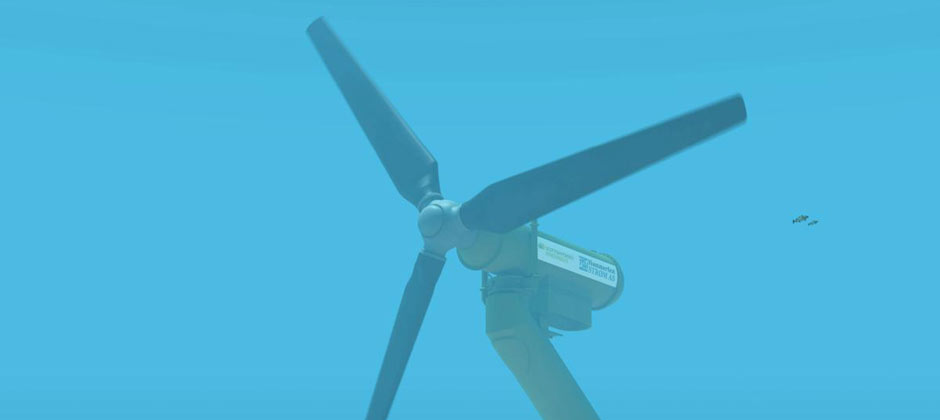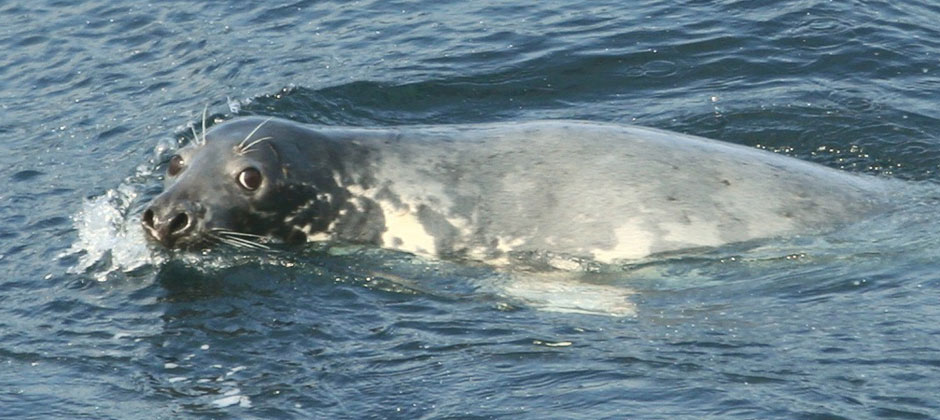
Atlantic Ecology
Environmental consultants and wildlife surveyors
Tidal and wave
Atlantic Ecology has a special interest and expertise in tidal and wave energy projects.
Thanks to their complex coastlines on the edge of the Atlantic Ocean the British Isles and Ireland have strong and reliable tide and wave resources. Tidal currents and waves potentially offer a source of clean energy 24/7 throughout the year. This gives the technologies that harness these energy sources major advantages over wind and solar renewables, sources that are less predictable and, in the case of solar, peak when electricity demand is relatively low. UK and Irish companies are global leaders in the development and commercialisation of the tide and wave technologies.
It is no coincidence that the same high energy marine environments that are attractive for wave and tide energy projects are also attractive to wildlife such as seabirds and marine mammals. The UK and Ireland support important populations of many marine vertebrates including globally important numbers of gannet, Manx shearwater, Atlantic puffin, razorbill and common guillemot, grey seal and harbour porpoise. Atlantic Ecology is proud to be involved in supporting developers that are embracing the challenges of making tide and wave power a reality, and at the same time helping to ensure that this does not pose a serious threat to the marine wildlife that use the same marine spaces.
Due to the relative novelty of the tidal and wave energy industry (no large scale arrays of turbines or other energy converter devices are yet in operation) there is some uncertainty as to how wildlife may be affected by projects. In particular, there is uncertainty as to whether devices such as tidal stream turbines could pose a serious collision risk to diving sea birds, marine mammals and fish.
Atlantic Ecology is involved with the development, and experienced in the use of, mathematical models designed to predict collision risks to marine wildlife. Atlantic Ecology also advises on and undertakes site characterisation surveys and monitoring studies for tidal and wave energy projects. Digger Jackson, who heads Atlantic Ecology, is lead author of Scottish Natural Heritage's bird survey and monitoring guidance for marine renewable developments.
